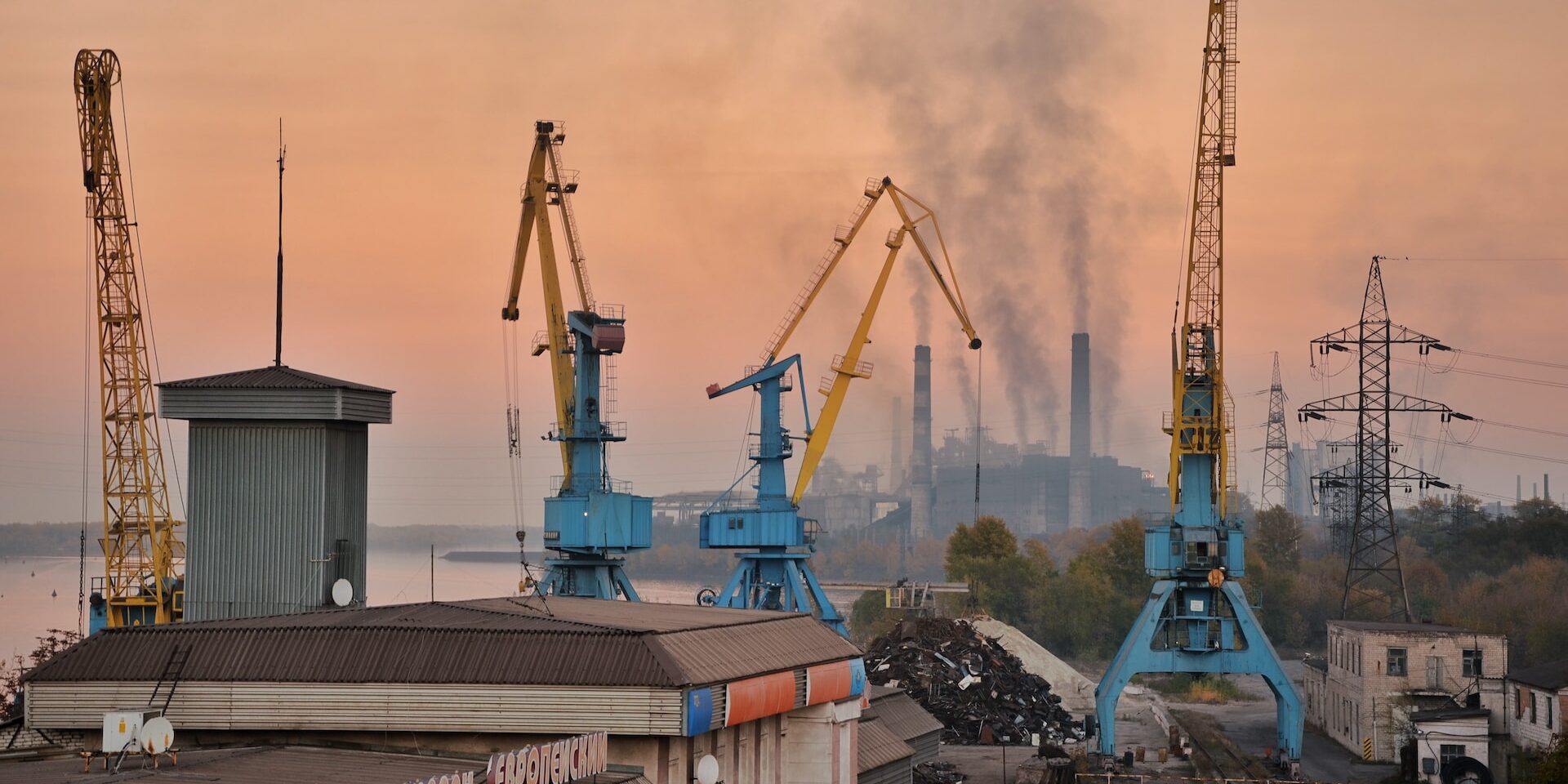The Role of Reverse Logistics in Sustainable Supply Chain Management
Reverse logistics is a critical component of sustainable supply chain management. It involves managing product returns, repairs, and recycling to reduce waste and maximize resource efficiency. Streamlining returns management, investing in repair capabilities, and ensuring responsible recycling and disposal are key elements of effective reverse logistics. The benefits include waste reduction, cost savings, enhanced customer satisfaction, and a positive brand reputation. By embracing reverse logistics, companies can align with sustainable practices, achieve their environmental goals, and gain a competitive advantage in the market.
Traditionally, supply chains have been focused on the linear flow of goods from manufacturers to consumers. However, in a circular economy, where the goal is to minimize waste and keep products and materials in use for as long as possible, reverse logistics plays a vital role. It enables companies to recover value from returned products, reduce the environmental impact of disposal, and meet customer demands for responsible and sustainable practices.
One key element of effective reverse logistics is product returns management. By streamlining the returns process and implementing clear policies and procedures, companies can efficiently handle returned items. This includes assessing the condition of the products, determining their disposition (such as resale, refurbishment, or recycling), and ensuring proper documentation and tracking.
Repair and refurbishment also play a significant role in sustainable supply chain management. Instead of discarding defective or damaged products, organizations can invest in repair capabilities to extend the product’s lifecycle. Repair not only reduces waste but also offers cost savings compared to manufacturing new products.
Another critical component of reverse logistics is recycling and proper disposal. This involves the responsible handling of end-of-life products and ensuring that materials are recycled or disposed of in an environmentally friendly manner. Companies can collaborate with recycling partners or establish their recycling programs to ensure the proper treatment of materials and minimize their impact on the environment.
The benefits of incorporating reverse logistics into sustainable supply chain management are multifold. Firstly, it reduces waste and conserves resources by maximizing the value and lifespan of products. Secondly, it enhances customer satisfaction by providing convenient and eco-friendly options for returns and disposal. Lastly, it contributes to the company’s reputation as an environmentally responsible brand, attracting environmentally conscious consumers and building trust in the market.
Reverse logistics plays a pivotal role in sustainable supply chain management. By effectively managing product returns, implementing repair and refurbishment programs, and promoting responsible recycling and disposal practices, businesses can achieve their sustainability goals while also benefiting financially and enhancing their brand reputation. Embracing reverse logistics is not only a responsible choice but also a strategic one in today’s evolving business landscape.







